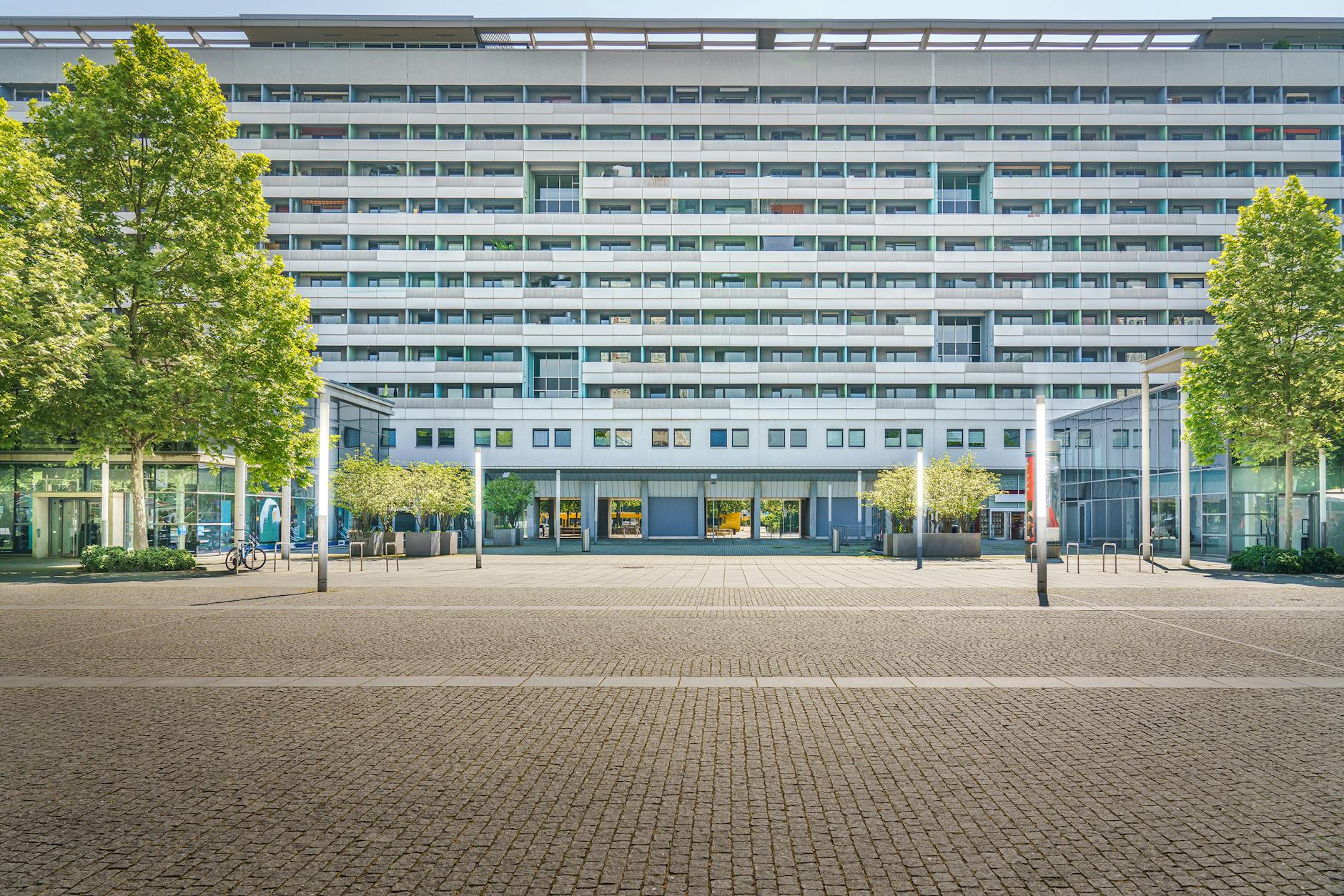A Comprehensive Guide to Commercial Real Estate Leasing and Brokerage
Introduction
Commercial real estate leasing and brokerage are fundamental components of the property market, influencing business growth and investment strategies worldwide. Whether you’re a business owner seeking an office space, an investor looking to optimize portfolio returns, or a professional navigating the complexities of property transactions, understanding the leasing process and the role of brokers is crucial. This guide will explore the essential elements of commercial real estate leasing, the functions and benefits of brokerage services, and the strategic considerations involved in successfully securing or managing a commercial lease. By the end, readers will have a clear roadmap to make informed decisions in the dynamic arena of commercial property.
The fundamentals of commercial real estate leasing
Commercial leases differ significantly from residential leases in terms of complexity, duration, and legal provisions. Typically, commercial leases span longer periods, often ranging from three to ten years, with options for renewal. Unlike residential agreements, these leases involve detailed clauses on rent escalation, property maintenance responsibilities, and use restrictions.
Key lease types include:
- Gross lease: Tenant pays a fixed rent while the landlord covers most operating expenses.
- Net lease: Tenant pays base rent plus some or all property expenses such as taxes, insurance, and maintenance.
- Modified gross lease: A hybrid where tenants and landlords share operating costs in an agreed manner.
Understanding the lease type is essential because it affects the total occupancy cost and budgeting for tenants.
The role and benefits of commercial real estate brokers
Brokers serve as intermediaries between landlords and tenants, facilitating negotiations and ensuring that both parties understand market trends, lease terms, and legal constraints. They leverage industry knowledge and relationships to find suitable properties and secure favorable terms for clients.
Some of their benefits include:
- Access to off-market listings and comprehensive market data
- Expert negotiation skills that can reduce costs and improve lease conditions
- Assistance with due diligence, ensuring lease compliance and risk mitigation
- Guidance on lease structuring and amendments tailored to business operations
Since commercial leases often involve significant financial and legal commitments, having a knowledgeable broker can be the difference between a successful tenancy and costly complications.
Key considerations when negotiating a commercial lease
Negotiating a commercial lease requires strategic attention to various factors to protect the tenant’s interests and flexibility. Important elements include:
| Consideration | Description | Impact on lease |
|---|---|---|
| Rent structure | Determination of base rent, escalations, and payment schedule | Affects total cost and financial planning |
| Lease term and renewal options | Length of the lease and any clauses for extension or termination | Influences flexibility and future costs |
| Tenant improvements | Provisions for customizing the space and who bears the costs | Determines upfront investment and property usability |
| Maintenance and repairs | Responsibilities for upkeep and conditions on surrendering the property | Impacts ongoing costs and lease closure obligations |
| Subletting and assignment | Rights to sublease or transfer lease obligations | Provides exit strategies or income opportunities |
Awareness and negotiation of these terms help tenants avoid unexpected liabilities and maximize operational efficiency.
Strategies for successful leasing and brokerage partnerships
Developing a strong partnership between tenants, landlords, and brokers improves lease outcomes and long-term satisfaction. Successful strategies include:
- Clear communication: Transparent sharing of needs and expectations prevents misunderstandings.
- Market research: Regular analysis of local commercial real estate trends enables informed decision-making.
- Customized lease structures: Tailoring lease terms to the specific business sector and growth plans increases adaptability.
- Ongoing relationship management: Maintaining positive relations can facilitate future renewals or expansions.
By viewing leasing and brokerage as collaborative rather than transactional, all parties can benefit from stability and mutual value creation.
Conclusion
In summary, commercial real estate leasing and brokerage involve intricate processes that require careful consideration and expert guidance. From understanding different lease types and negotiating critical terms to leveraging brokerage expertise and fostering strong partnerships, each step plays a vital role in securing a favorable commercial space. Businesses benefit greatly by engaging knowledgeable brokers who bring market insight and negotiation skills to the table. Additionally, attentive negotiation of lease provisions protects tenants against unforeseen costs and operational constraints. Ultimately, successful leasing depends on strategic planning, clear communication, and mutual collaboration between landlords, tenants, and brokers. Equipped with this comprehensive understanding, you can confidently navigate the commercial real estate landscape and make choices that support sustainable growth and financial stability.
Image by: Jakub Zerdzicki
https://www.pexels.com/@jakubzerdzicki
editor's pick
latest video
news via inbox
Nulla turp dis cursus. Integer liberos euismod pretium faucibua

